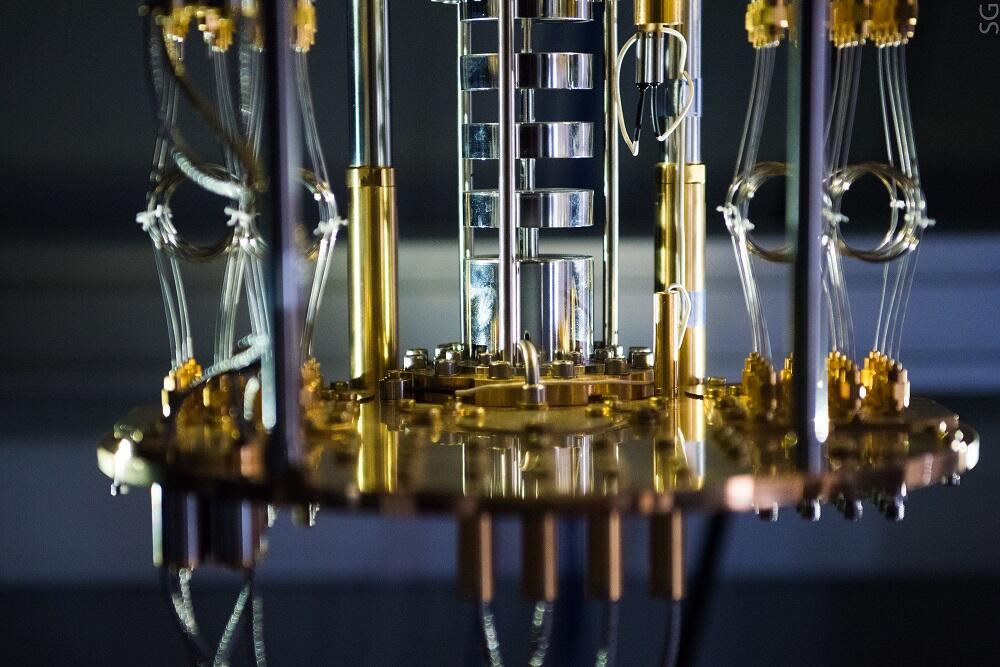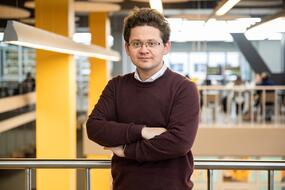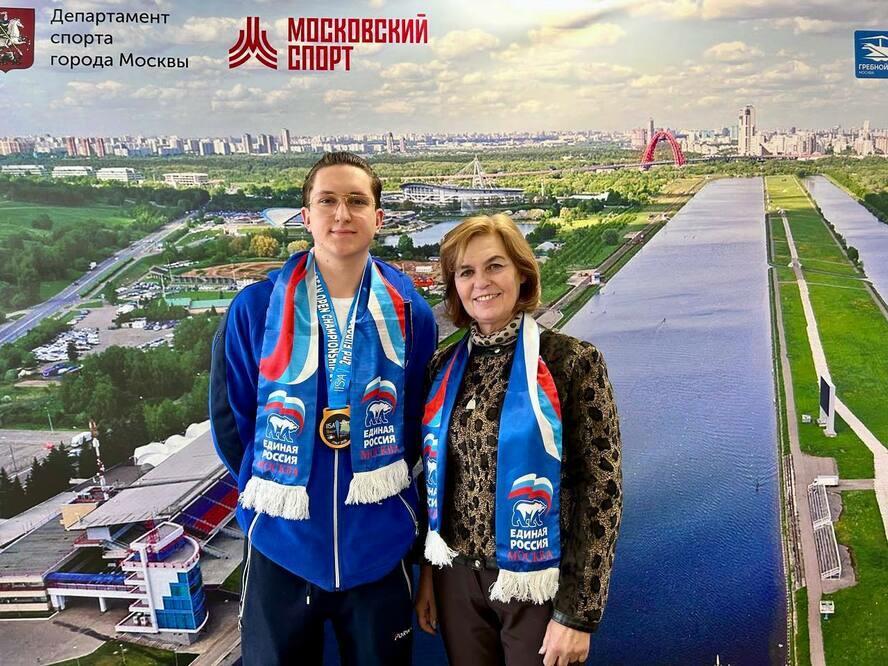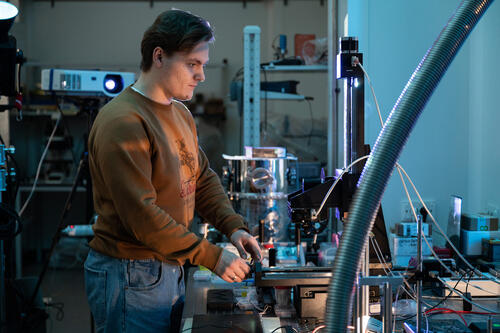Researchers from NUST MISIS and Kazan Federal University have significantly improved quantum algorithms, making it dozens of times faster to study molecules relevant to pharmaceuticals, chemical manufacturing, materials science, energy, and more. The method is already adapted to current quantum hardware capabilities, bringing the industry closer to practical quantum computing applications. By optimizing the variational quantum algorithm, the scientists managed to dramatically reduce the number of quantum operations required for molecular simulations.
Modern chemistry and materials science increasingly face challenges that require precise modeling of electron behavior in molecules. These calculations are critical for designing new materials, but even supercomputers often struggle to simulate complex molecules with the required accuracy
One of the most promising approaches for such tasks is the variational quantum eigensolver — a hybrid algorithm designed for noisy intermediate-scale quantum devices. It works by iteratively finding the most stable molecular state through combined efforts of classical and quantum processors. However, the practical use of this algorithm in chemistry has been hindered by the excessive number of two-qubit operations, which are prone to errors and resource-intensive.
To address this, scientists from NUST MISIS and Kazan Federal University proposed an optimized version of the algorithm. Their approach significantly cuts down the computational cost of simulating real organic molecules without compromising accuracy
The team developed a new strategy: they reduced the number of measurements by excluding electrons that do not affect chemical properties, minimized the number of qubits, grouped operators, and simplified quantum circuits. The optimizations were first tested on simple molecules and later applied to more complex compounds such as methylamine and formic acid — substances important in biology as well as in the pharmaceutical, textile, and food industries. As a result, the number of two-qubit operations dropped from about 600,000 to just 12,000, while maintaining the required precision
“This research not only reduced the complexity of quantum calculations but also made it feasible to simulate organic molecules on today’s quantum hardware. In the future, quantum computing will become a practical tool for solving real-world problems in science and industry — from identifying promising drug candidates and designing new catalysts to developing advanced materials for batteries and fuel cells,” Dr. Alexey Fedorov, Director of the Institute for Physics and Quantum Engineering.
The full study is published in Quantum Reports. The research was carried out as part of the strategic technology project “Quantum Internet” at NUST MISIS, under the Priority 2030 program (Grant No. K1-2022-027).





